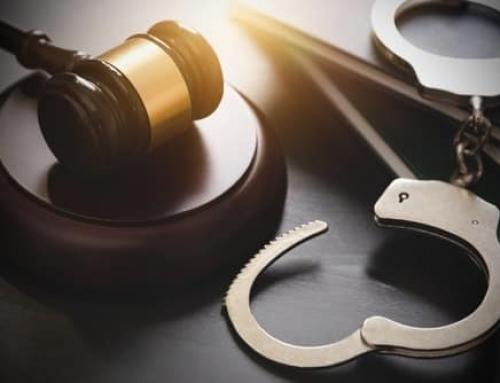In a continuing push to go paperless, Philadelphia courts recently implemented electronic filing (eFiling) in its criminal court’s division. This system allows attorneys to file an entry of appearance, motions to suppress, bail reduction motions, parole petitions, and many other types of pre-and post-trial motions and petitions online. It has changed the way attorneys do business with the courts as they can now file court documents from the comfort of their office rather than walk multiple paper copies of a filing over to the courthouse. It has also made the courts more environmentally friendly.
The Philadelphia courts, in conjunction with the District Attorney’s Office, have now taken an additional step toward simplifying matters and placing trial documents online. They have introduced electronic discovery (eDiscovery) for Municipal Court matters. This means that attorneys who have formally entered their appearance as counsel of record will be able to log on to the court’s electronic system and download a copy of the discovery. Discovery includes victim and witness statements, police reports, drug analysis reports regarding the weight and content of different drugs, chemist reports for DUI regarding BAC levels, arrest memos, police officer statements, criminal records of victim witnesses and defendants, photographs, medical records and any other documents the prosecutor intends on using against a criminal defendant at trial.
In Philadelphia there are two levels to the criminal justice system: Municipal Court and the Court of Common Pleas. Municipal Court is responsible for hearing bench or judge trials for all offenses where the maximum sentence does not exceed five years. This includes all misdemeanors and even a few ungraded felony offenses, such as possession with the intent to deliver marijuana and certain pills. In cases that proceed to trial in Philadelphia’s Municipal Court, there is always a pre-trial conference that is scheduled approximately a month to six weeks following arrest. At that hearing, the District Attorney’s Office is responsible for providing discovery to the defense and the case is then scheduled for trial. Oftentimes, this paperwork is incomplete and defense attorneys are left to track down the discovery from unknown prosecutors. The prosecutors, in turn, have to subpoena the assigned detective to trial simply to obtain the necessary discovery to pass to the defense. This often led to a lot of confusion and multiple trial listings simply to resolve discovery issues.
This confusion, however, often benefited the defendant. In Municipal Court, under Rule 1013 of the Rules of Criminal Procedure, the prosecution has 180 days to bring these cases to trial. If they fail to do so, the matter can be discharged with prejudice and therefore never be filed again. So, miscommunication regarding paperwork between arresting officers, detectives and the District Attorney’s Office can result in defense victories. It will be interesting to see if this new online system resolves some of the problems prosecutors have in obtaining discovery and seeing that it is passed to the defense in a timely fashion. There are sure to be some kinks in the system but ultimately it should allow for a more organized process. Finally, if there is success in Municipal Court, they will likely extend it to felony matters in the Court of Common Pleas.
For a Free Consultation Contact Our Criminal Defense Attorney at The Fishman Firm
If you have been arrested for a misdemeanor or felony in Philadelphia, please contact criminal defense attorney Brian M. Fishman for a free consultation.






